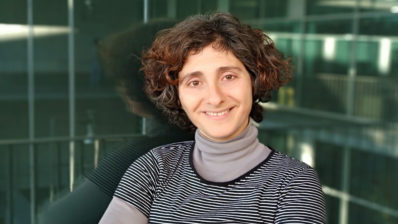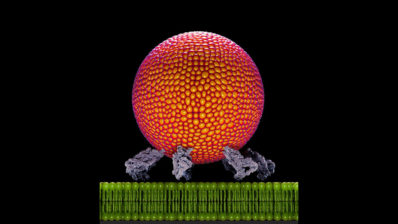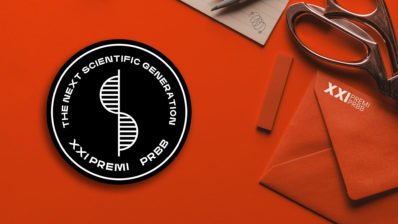Doing a PhD is an incredibly exciting endeavour, but it can also be daunting, especially in the early years. As a young, inexperienced person arriving in a new research lab, you have to juggle reading the literature to learn about an unfamiliar field, conducting many – often unsuccessful – lab experiments, navigating new relationships with peers and supervisors, and responding to high expectations – not to mention your own social and personal life. All in an unfamiliar environment, sometimes away from home for perhaps the first time.
It is no easy task – but now new students joining the UPF Biomedicine PhD programme can have a buddy to support and guide them along the way.
The Buddy System Programme (BSP) is a mentorship programme in which PhD students from the 3rd year onwards can offer to be a ‘buddy’ to a 1st year PhD student and guide them through their PhD thanks to their own knowledge, experience and expertise. The initial duration of the mentor-mentee relationship is one year, with regular check-ins:
- A general information session about the programme in November for both mentors and mentees to get to know each other and the programme.
- First meeting in December for initial contact between mentors and mentees, with guidance and tips on organising the first year from a research and social point of view.
- 2nd meeting in March to check the status of the mandatory activities of the first year, the mentees’ integration into the lab, the training they have received or could receive (from the Intervals program and others), etc.
- 3rd meeting (“annual review”) in June/July to review the achievement of the first year’s objectives and to set priorities and objectives for the coming year, as well as to collect feedback on the programme.
The programme is coordinated by the Department of Medicine and Life Sciences (MELIS-UPF), and it has been designed with the contribution of the UPF PhD School and the MELIS PhD Association.
“The Buddy System Programme is designed to foster a supportive and enriching academic community within the institution”
Ruben Vicente, Coordinator of the PhD programme in Biomedicine, MELIS-UPF.
Johanna Krueger, a final year PhD student from Germany and one of the driving forces behind this initiative, had participated in a simpler version of this system at her previous university. “It can be very useful for social things, especially for students from abroad; to help you with cultural differences, give you tips on visas or where to find accommodation,” she says. But however informal and friendly it may seem, it is important both to provide training for the buddies (mentors) and to have a figure that mentees can talk to if they have any problems with their buddy.
In the case of the UPF, this person is Ruben Vicente, director of the PhD programme in biomedicine. There is also a Buddy System Committee, made up of members of the Doctoral Academic Committee, the Biomedicine Doctoral Secretariat and senior doctoral students, which oversees the programme and monitors participant satisfaction.
Mar Crego is another of the PhD students who pushed for this initiative. “Any PhD student can contact the MELIS PhD Association at any time, but having a mentor or buddy feels more personal. Mentors and mentees are matched based on their research area, where they come from, what language they speak… so the new PhD student can feel more at home”.
There are also benefits to being a mentor – beyond the good feeling of helping someone. They receive training in active listening, effective communication, mentoring ethics, conflict resolution and cultural sensitivity, which are important skills for the mentor’s job – and for life. They also receive recognition from the institution for their contribution to the programme.
So far, 20 students have volunteered to be mentors for the new PhD students arriving this autumn, who will be able to choose to join the programme in the coming weeks. “I’m finishing my PhD now and I’m about to leave,” says Johana, “but I’m very excited and curious to see how it works!







